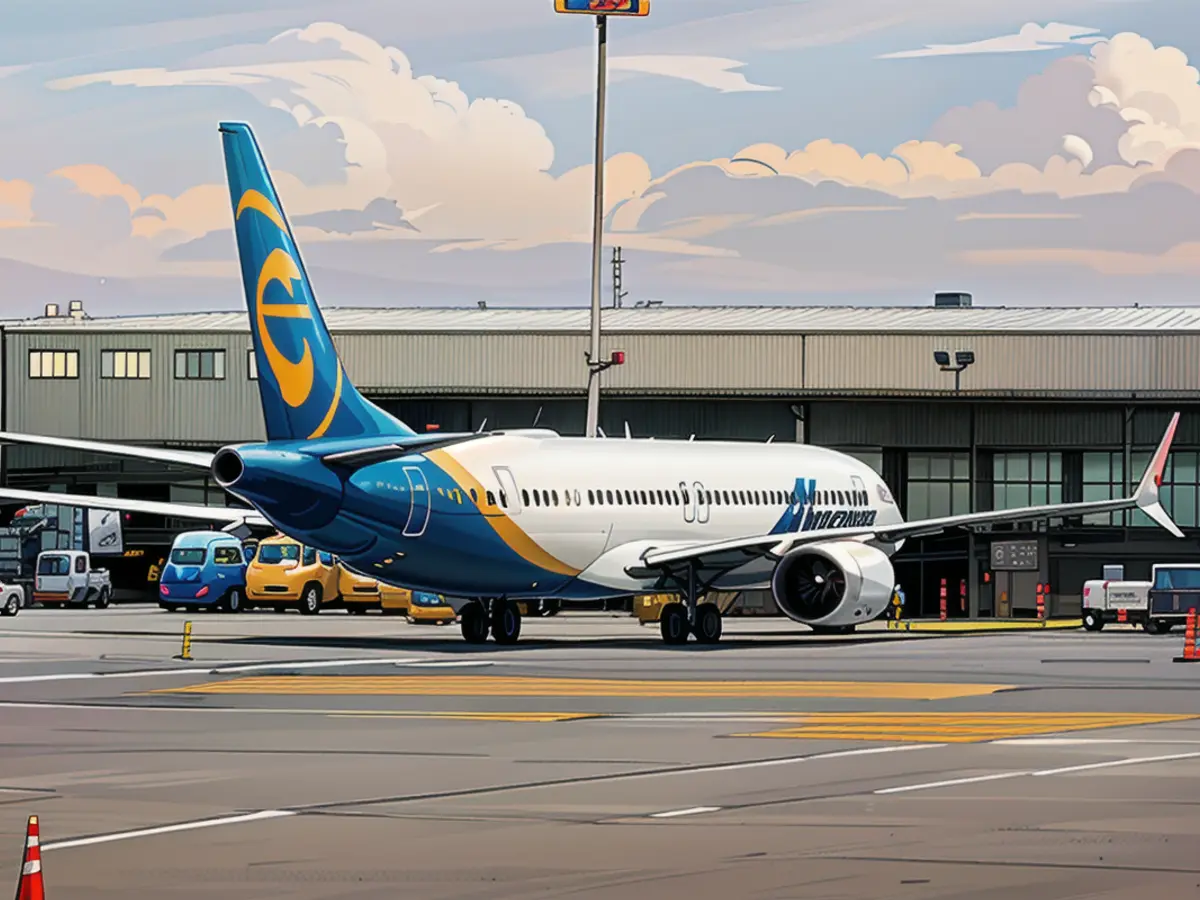Air travel - Boeing introduces a quality assurance plan following a string of issues.
On Thursday, aircraft manufacturing giant Boeing revealed its plan for elevating quality control within the company to the Federal Aviation Administration (FAA) in the United States. This move came following a near-disaster incident involving a Boeing 737-Max earlier in the year.
Since the incident, multiple authorities in the US have been examining Boeing, resulting in reduced production rates and intensive monitoring by airlines. The FAA's chief, Mike Whitaker, had previously demanded "genuine and significant improvements" and for Boeing to reexamine all aspects of quality control.
Though the details of the actions outlined in the plan are yet to be disclosed, Boeing CEO Dave Calhoun stated in a statement that both expert opinions and employee suggestions were considered. Calhoun is stepping down from his position at the end of the year after facing a series of crises.
In recent years, according to aviation expert and former Boeing spokesman Heinrich Großbongardt, there has been a decrease in engineers at Boeing who felt comfortable voicing their concerns. He suggests that this may have contributed to a merging of finance and technology, possibly leading to suboptimal production choices.
Boeing had hoped to escalate the production rate of its Max aircraft, with the goal of both outpacing rival Airbus and ensuring a steady cash flow. However, the numerous issues faced by the company today show that these concerns are minimal compared to their main objective.
In the past few weeks, there have been reports of various problems with Boeing aircraft, such as missing or non-deploying wheels, as well as instances of in-flight turbulence causing injuries.
Read also:
After the FAA's demand for improvements, Boeing announced plans to enhance quality control on Airbus and Boeing airplanes to regain trust. Due to the ongoing investigations, Airbus has seen an opportunity to increase its market share with improved safety records.








